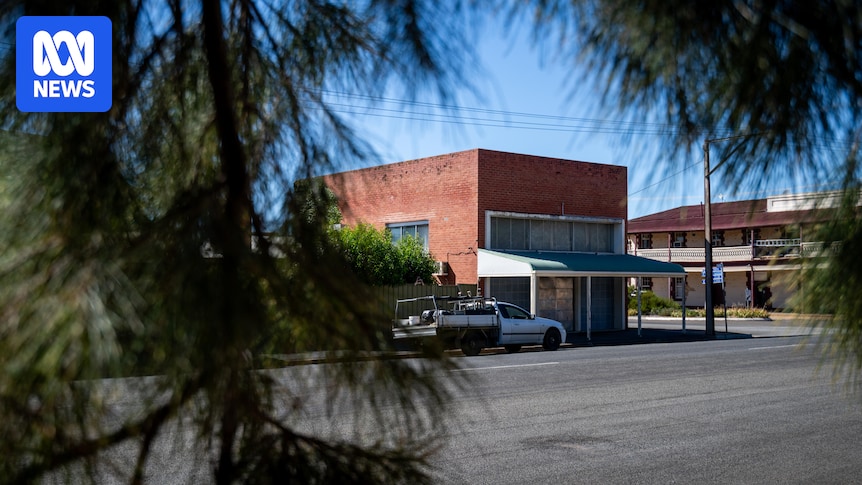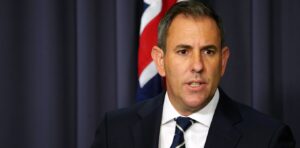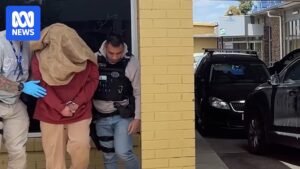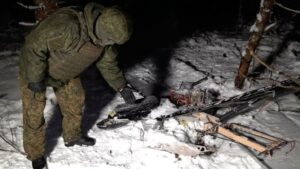
South Australia’s Attorney-General has initiated a review of the decision to grant parole to James Vlassakis, a convicted murderer involved in the infamous Snowtown killings. The move comes after the South Australian Parole Board announced in August that Vlassakis would be released after serving 26 years of his life sentence.
Michael David KC, the Parole Administrative Review Commissioner, confirmed that an appeal has been lodged. A directions hearing is expected to take place in the coming weeks, although the Attorney-General’s Department has refrained from commenting due to confidentiality provisions. “There are strict confidentiality provisions governing reviews by the Parole Administrative Review Commissioner and under the Act, only the Commissioner or a court can authorise disclosure of information,” a departmental spokesperson stated.
The Parole Decision
Frances Nelson KC, chair of the Parole Board, defended the board’s decision in August, stating that Vlassakis appeared “genuinely remorseful” and was deemed a suitable candidate for parole. She emphasized that Vlassakis would be subjected to stringent conditions, including geographic exclusion zones requested by the victims’ families.
Despite these assurances, the decision has sparked controversy. Commissioner for Victims’ Rights Sarah Quick highlighted the emotional impact on the victims’ families, saying the decision would “understandably bring fresh pain and anger.”
Background on the Snowtown Murders
James Vlassakis was the youngest participant in the “bodies-in-the-barrels” murders, a series of gruesome killings that took place between 1992 and 1999. Vlassakis, who is now in his mid-40s, played a pivotal role in the prosecution of his co-conspirators, John Bunting and Robert Wagner, both of whom are serving life sentences without parole.
Vlassakis pleaded guilty to four murders, including that of his half-brother Troy Youde, and was sentenced to life with a 26-year non-parole period. His cooperation with authorities, which included testifying against Bunting and Wagner, led to a suppression order on his image to protect him from retribution.
Vlassakis was 18 when he participated in the murder of his half-brother in 1998. He also took part in the murders of Fred Brooks, Gary O’Dwyer, and David Johnson, whose remains were discovered in Snowtown, South Australia’s mid-north region.
Legal and Social Implications
The review of Vlassakis’s parole decision underscores the complex legal and social dynamics surrounding high-profile criminal cases. The Attorney-General’s request for a review reflects the ongoing tension between rehabilitation prospects and public safety concerns.
Legal experts suggest that the review process will scrutinize the Parole Board’s assessment of Vlassakis’s remorse and rehabilitation. The case also highlights broader questions about the parole system’s ability to balance justice for victims with opportunities for offender reintegration.
As the legal proceedings unfold, the public and the victims’ families await the outcome, which could set a precedent for future parole considerations in similarly high-profile cases.
The review’s outcome will likely have significant implications not only for Vlassakis but also for the broader community’s trust in the justice system’s handling of parole for serious offenders.
“The decision to review this parole case is a critical juncture for our justice system, reflecting the delicate balance between rehabilitation and public safety,” a legal analyst commented.
The next steps in this legal saga will be closely watched, as the directions hearing approaches and the community grapples with the enduring impact of the Snowtown murders.







